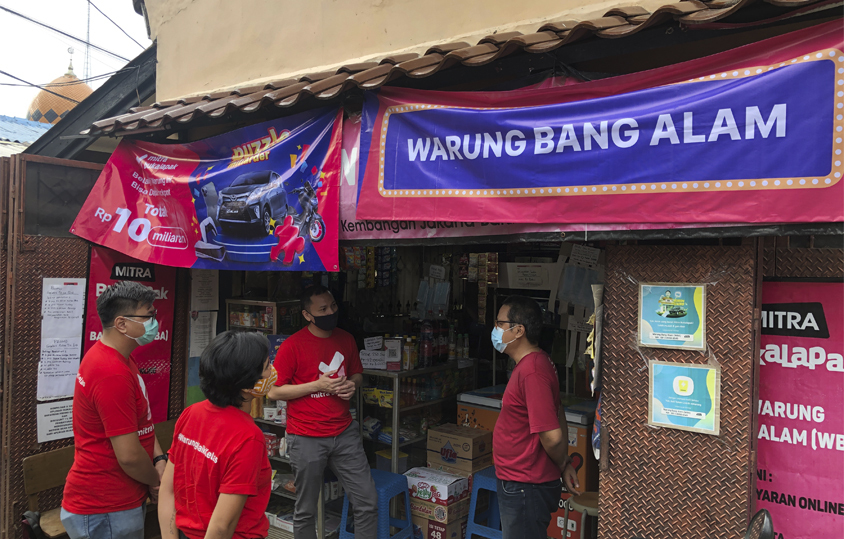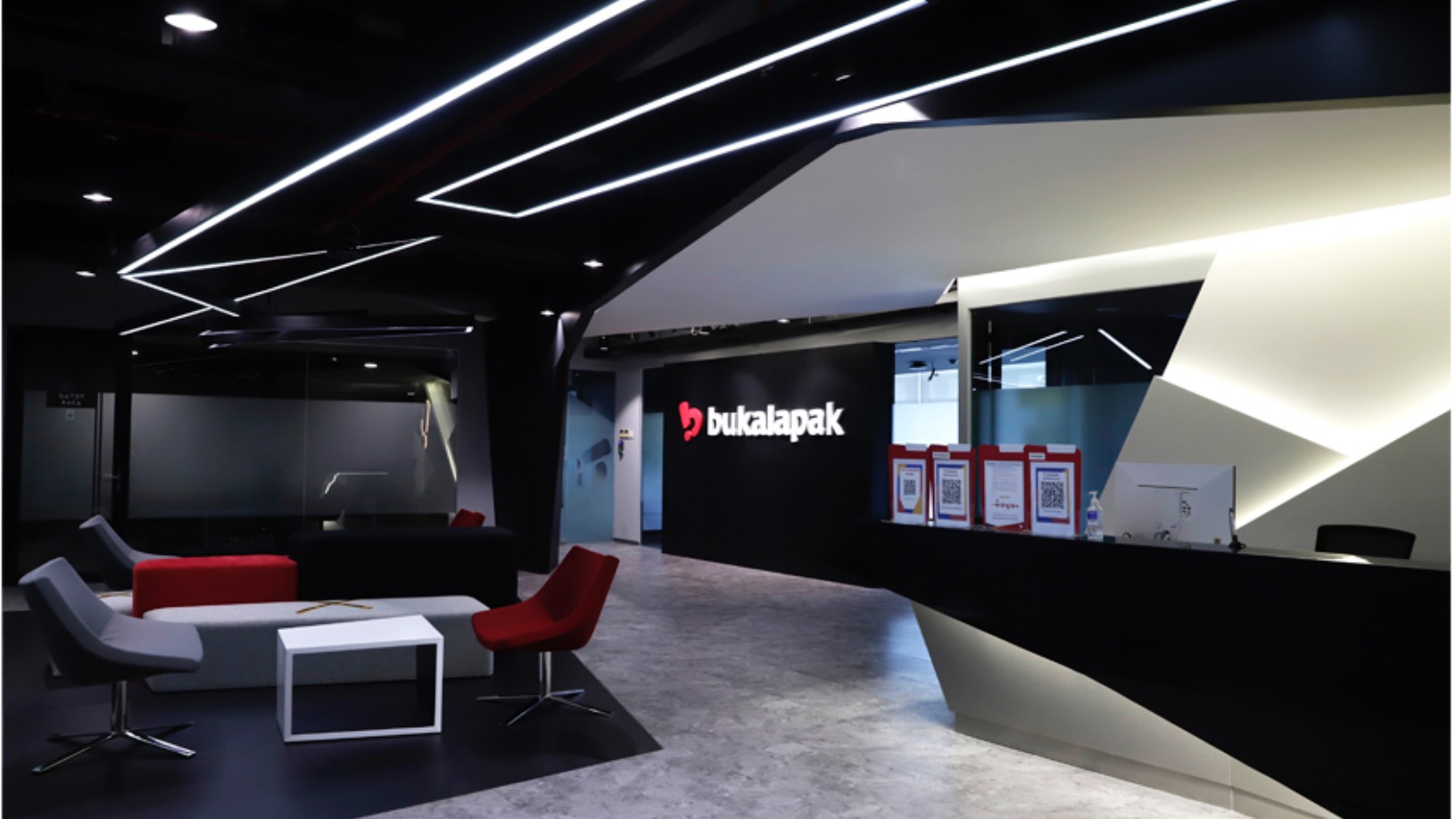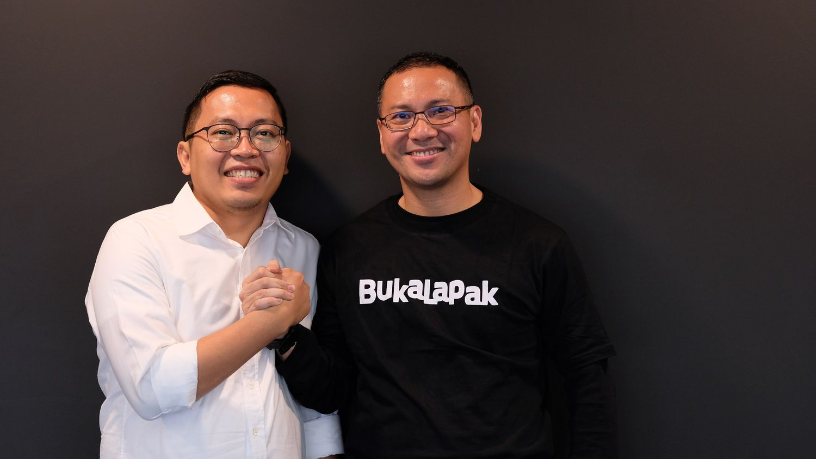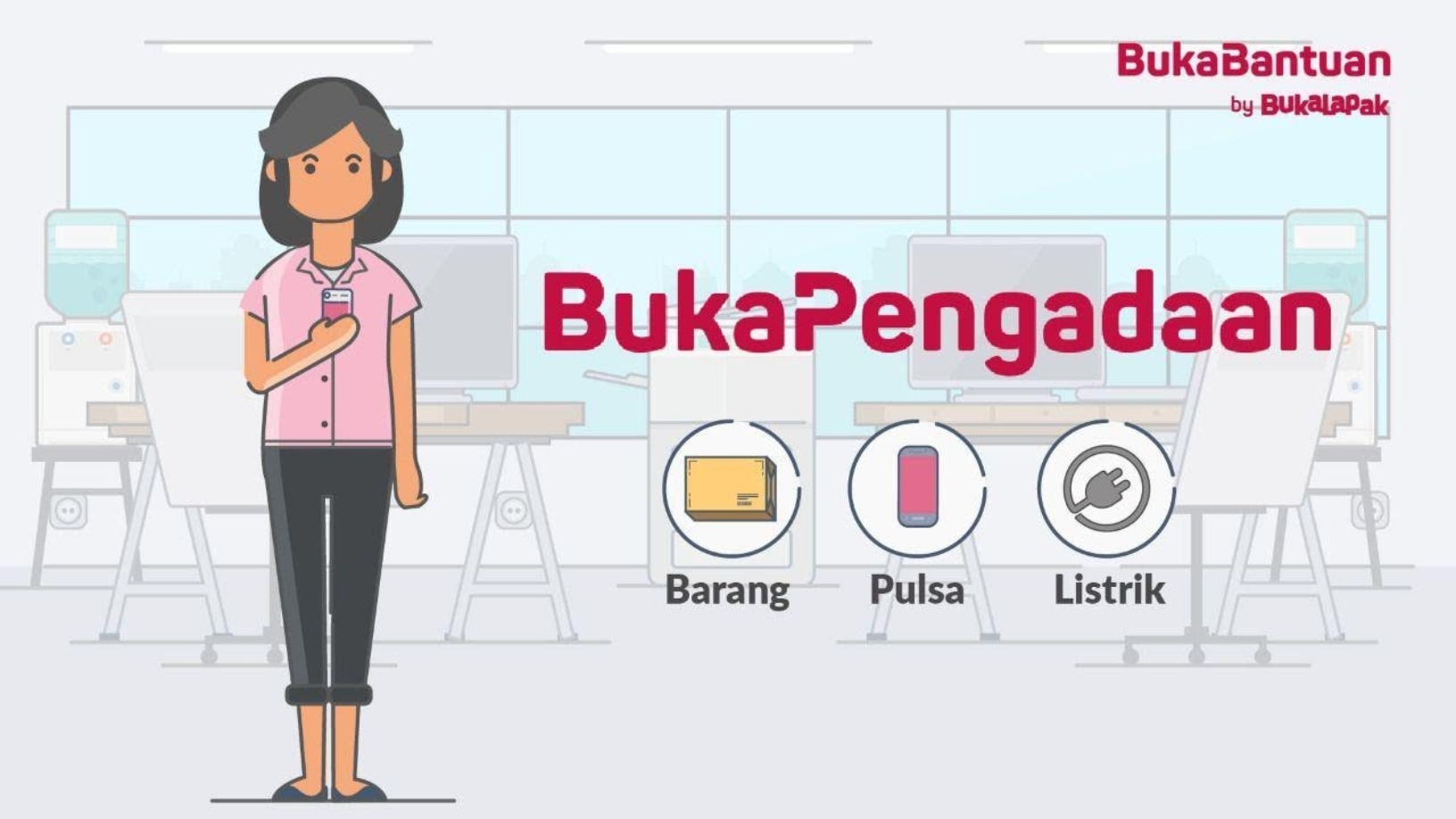Indonesian e-commerce unicorn Bukalapak has officially announced its plans to raise up to IDR 21.9tn in the Indonesian Stock Exchange (IDX), the biggest share issue in Indonesia’s history. The 11-year old startup will be the first Indonesian tech unicorn to be listed in the exchange.
Bukalapak will offer up to 25% of its shares in the public market at a price range of IDR 750–850 per share. Book building will take place from July 9 to 19, and the initial public offering will be from July 28 to 30. The company expects to have its shares listed on the exchange on August 9.
The company plans to use 66% of the funds raised as working capital, with the rest distributed to subsidiaries. Up to 0.1% of the shares offered will be used for employee stock allocations, and 4.91% of the total issued and paid-up capital will be set aside for management and employee stock option plans.
The company’s annual financial report states that it posted a total loss of IDR 1.32tn in 2020, compared to 2019 when it lost IDR 2.82tn. The company’s net revenue increased from IDR 1.08tn in 2019 to IDR 1.35tn in 2020, while business expenses decreased.
Bukalapak is Indonesia’s fourth unicorn. In terms of market share, it trails Sea Group subsidiary Shopee and fellow Indonesian unicorn Tokopedia, which recently merged with Gojek. According to research by e-commerce price comparison site iPrice, Bukalapak had just over 34m monthly visitors to its website in the first quarter of this year, lower than Tokopedia’s 135m and Shopee’s 127m.
Development board initially
Rumors of Bukalapak’s IPO plans have circulated since early 2019. Fajrin Rasyid, co-founder and then president of Bukalapak, said at the time that the company had not formulated a concrete plan for an IPO. He also expressed concerns about disclosure requirements for listed companies.
Bukalapak plans to use 66% of the funds raised as working capital, with the rest distributed to subsidiaries
In late 2019, veteran corporate executive Rachmat Kaimuddin, who replaced Achmad Zaky as CEO, said he intends to maintain a consistent and sustainable growth trajectory so that the company can be ready to go public. “Whether or not we conduct an IPO will be a decision made by the shareholders. Either way, I will prepare the company to be IPO-ready,” Kaimuddin said at the time.
Meanwhile, on July 1, Pandu Sjahrir, a commissioner at IDX, said that Bukalapak will initially be listed on the development board, and it will take roughly six months for the company to move to the mainboard. Current IDX regulations prevent companies that have not reached profitability to list on the mainboard. Companies can opt to be listed on one of two development boards if they have not turned a profit, but they must present a plan to achieve that result after a certain period.

Excitement about Indonesian unicorns going public rose after Grab, Gojek’s Singapore-based rival, announced in April that it would go public in the US via a special purpose acquisition company (SPAC). Both Gojek and Tokopedia were reportedly approached by SPACs, but after their merger to form GoTo they have not confirmed if they will pursue public listings.
Another Indonesian unicorn, the online travel platform Traveloka, has reportedly been approached by a SPAC for a US listing. Traveloka CEO and co-founder Ferry Unardi said his company is ready for an IPO this year despite Covid-19. “[A SPAC] is very efficient in terms of time, and for a growing company like us, time is something that we value,” Unardi said in February.
E-commerce unicorn
Bukalapak was founded by Zaky, Fajrin Rasyid and Nugroho Herucahyono in 2010. The co-founders met at Institut Teknologi Bandung, one of Indonesia’s top technical universities.
Under their leadership, Bukalapak grew into one of Indonesia’s top e-commerce companies, and in 2018 the startup’s valuation exceeded $1bn, becoming Indonesia’s fourth unicorn.
In October 2018, Bukalapak launched an O2O partnership scheme involving local neighborhood stores or “warungs”, becoming one of the first Indonesian startups to do so. Through the partnership, warung owners can easily restock their inventory through Bukalapak merchants. They can also earn additional income by helping customers make digital purchases and payments, such as utility bills or mobile prepaid top-ups, using Bukalapak’s interface. Rival Tokopedia followed with its own O2O scheme in November 2018.
Among Indonesia’s unicorn startups, Bukalapak is the only one so far where all its founders have left. In December 2019, Zaky left Bukalapak to become a startup mentor and investor. Herucahyono followed in April 2020 to join Zaky’s venture capital company Init-6, while Rasyid left in June to become Director of Digital Business at PT Telkom Indonesia, the state-owned telecommunications firm.
















